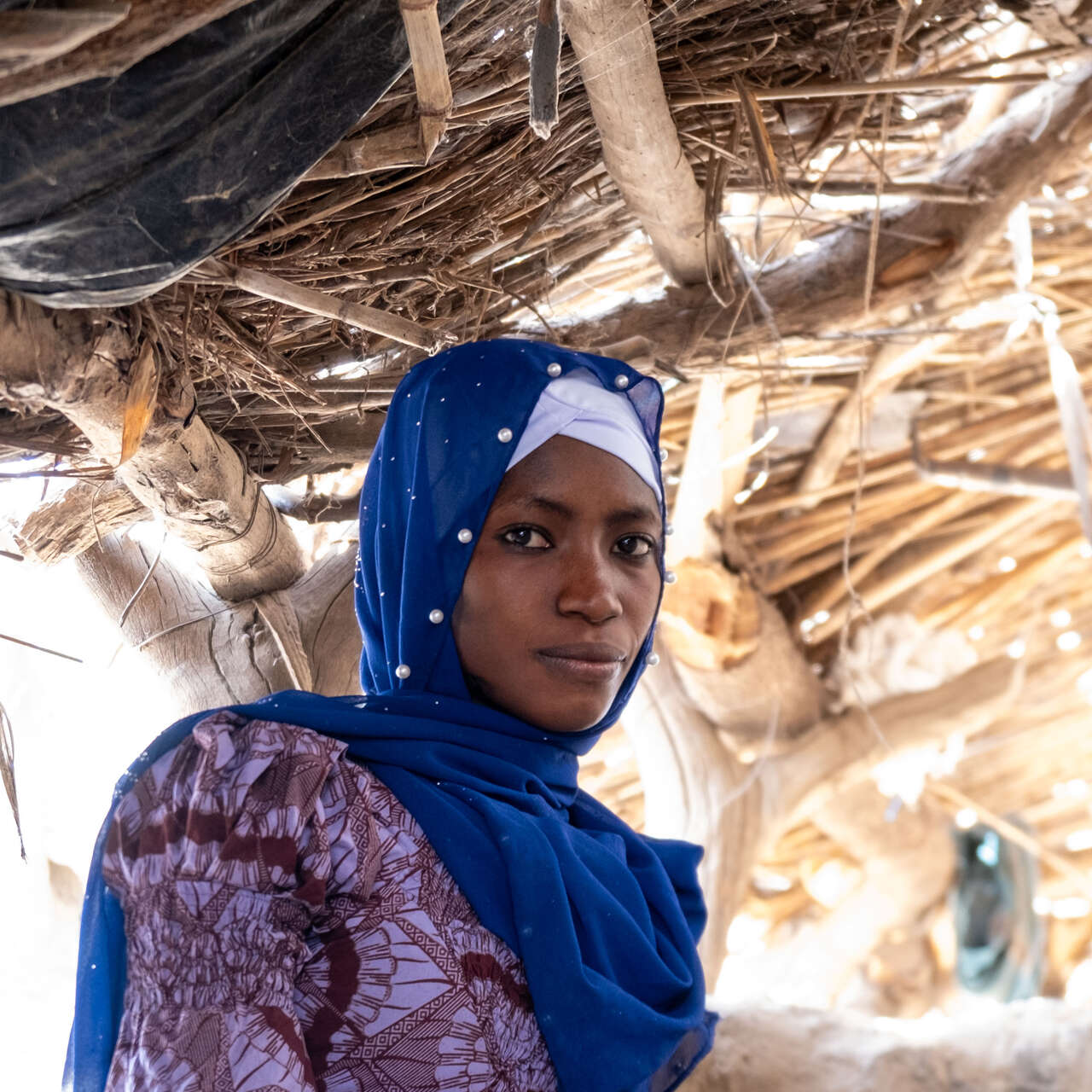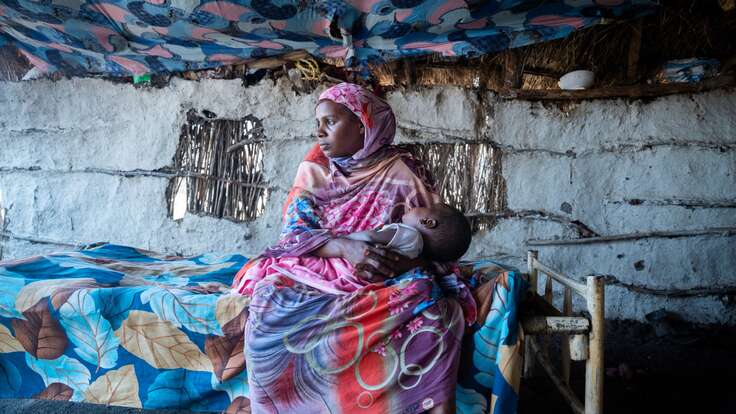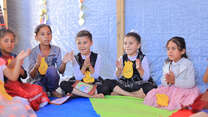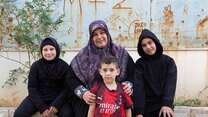As armed groups advance, communities are left without support
- Shifting conflict frontlines and blockades leave communities without essential services.
- Hunger will worsen as insecurity disrupts markets, transport and fuel supplies.
- A struggling humanitarian system will be unable to meet civilian needs.
- Women and girls risk being abandoned amid mass displacement and security turmoil.
Country facts
- Total Population: 23.5 million population
- 4.4 million people in need of humanitarian aid
- 2.1 million people internally displaced
IRC response
- Rank in Human Development Index: 188 of 193
- Started work in Mali: 2012
Mali has experienced protracted conflict and political instability, causing displacement and stretching already scarce resources in host communities. Dual security and economic crises are driving civilian harm and humanitarian needs.
The IRC is responding with emergency relief and provides support in the areas of health, nutrition, economic recovery and development, education, water, sanitation and hygiene, as well as protection and governance.
In 2012, armed conflict and political instability in the north sent hundreds of thousands of Malians to the country’s south, further exacerbating regional food shortages.
After a decade of operations, Mali’s central government has decided to expel the U.N.’s peacekeeping force in the country. Now, Mali will continue the fight against nonstate armed groups, who control swaths of territory and have laid siege to several urban territories, on their own.
The north remains extremely fragile due to in-fighting between separatist and jihadist groups, especially after the Malian government’s January 2024 decision to withdraw from a peace accord signed in 2015.
As conflict intensifies, Malians are increasingly losing access to critical public services. Humanitarian workers attempting to fill these gaps face challenges from checkpoints imposed by nonstate armed groups and a severe funding shortfall.
The country’s prolonged drought may also contribute to an escalation in communal violence as resources such as water and land become increasingly scarce. Drought and conflict are also driving severe food insecurity in Mali, leaving one million children across the country at risk of acute malnutrition.
Since 2012, the IRC has provided lifesaving assistance to over half a million displaced Malians displaced by conflict and facing severe food shortages. The crisis in Mali has also led to a collapse of basic public services such as health care and education.
To help the country recover, the IRC is focusing our efforts in the Ménaka, Gao, Douentza, Mopti and Nara regions by:
- providing emergency relief;
- supporting village savings and loan associations and income-generating activities, especially for women;
- providing clean drinking water, water treatment kits, water-point rehabilitation, and health care supplies;
- providing vital health care services and training community health workers;
- providing children and parents with psychosocial support to help them heal from trauma;
- training teachers and reopening schools for children affected by conflict.
International donors must address the challenges people face accessing social services and meeting their basic needs amid a growing hunger crisis in Mali and across the Sahel.



